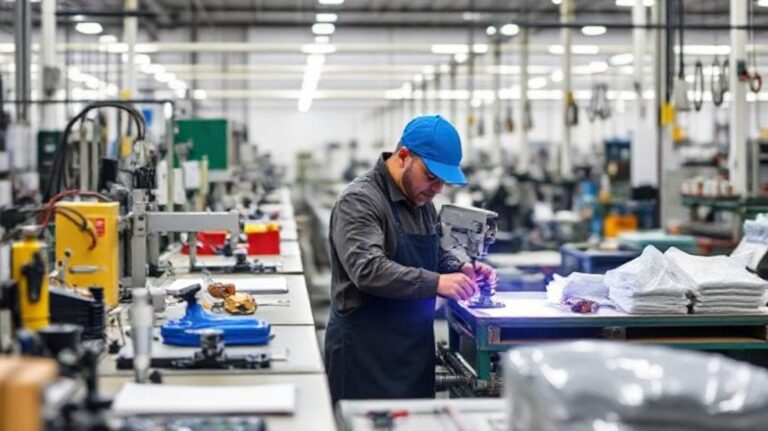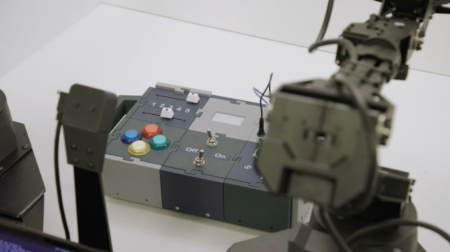Manufacturers across the UK and Europe are on track to lose more than £80bn in 2025 due to unplanned downtime, according to new research by IDS-INDATA.
The study highlights the growing financial and operational impact of aging infrastructure, cybersecurity threats, and supply chain vulnerabilities, and warns that without urgent action, these losses will only increase.
The findings reveal that industries are struggling with outdated machinery and operational technology, leaving them exposed to mechanical failure and cyber attacks.
READ MORE: UK Trade Strategy supports reshoring and resilient automation supply chains
IDS-INDATA reports that unplanned downtime has become a multi-billion pound crisis, affecting nearly every sector from automotive and pharmaceuticals to food processing and electronics.
The automotive sector is expected to be hit hardest, with projected losses reaching up to £12 billion this year.
Manufacturers in this industry face 20 to 25 downtime incidents each month, largely due to the highly interconnected nature of just-in-time manufacturing systems.
In the pharmaceutical sector, losses are estimated between £500m and £1bn, driven by fewer but longer-lasting shutdowns that are complicated by strict compliance and safety protocols.
According to Ryan Cooke, Chief Information Security Officer at IDS-INDATA, aging infrastructure is not only increasing the frequency of mechanical issues but also amplifying vulnerability to cyber threats.
“Manufacturers are grappling with aging infrastructure that not only leads to mechanical failures but also increases vulnerability to cyber attacks,” he said. “Without a proactive approach to predictive maintenance and digital resilience, these disruptions will continue to escalate.”
The research identifies several key factors driving downtime across sectors. Legacy machinery is a major issue in industries such as food processing, textiles, and packaging, where older equipment is prone to frequent mechanical failure and hygiene risks.
At the same time, integrated industries like automotive and electronics are exposed to cyber threats that can halt production across multiple sites.
Compliance-heavy sectors like chemicals and pharmaceuticals face long recovery times after shutdowns, due to the complex regulations that govern safe operation.
Labour shortages and a widening skills gap are also exacerbating the problem by slowing down maintenance and response times.
While automotive manufacturers experience the most frequent downtime incidents, the electronics sector is especially vulnerable to disruption due to its reliance on precision and fault-sensitive systems.
Food manufacturers typically see multiple small stoppages per week, resulting in about 442 hours of downtime per year.
By contrast, pharmaceutical companies experience fewer stoppages, but each one tends to last longer, anywhere from 225 to 400 hours annually.
The chemicals industry reports the highest overall downtime, with estimates between 400 and 600 hours each year, while aerospace manufacturers face fewer shutdowns but often suffer significant delays due to regulatory and maintenance bottlenecks.
IDS-INDATA is urging manufacturers to adopt digital transformation strategies, including AI-driven predictive maintenance, real-time monitoring, and data analytics, to reduce the risk of downtime and increase operational resilience.
The company warns that those who delay modernisation will struggle to remain competitive in an increasingly disrupted manufacturing environment.
Achievements and innovations in retail and e-commerce, healthcare and pharmaceuticals, food and beverage, automotive, transport & logistics, and more will be celebrated at the Robotics & Automation Awards on 29 October 2025 at De Vere Grand Connaught Rooms in London. Visit www.roboticsandautomationawards.co.uk to learn more about this unmissable event for the UK’s robotics and automation sectors!









